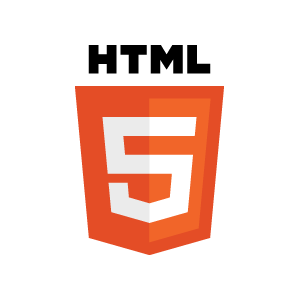
CIMW 100 Website Development - HTML

Utilize Hypertext Markup Language (HTML) code to construct basic web pages and websites. Topics include text formatting commands, links, and email. Identify and use recommended Web site design practices. Use visual elements, graphics, hyperlinks, lists, tables columns, page layout, and validating web pages in websites. Identify and apply steps to publish web pages to a server using File Transfer Protocol (FTP) software.
Upon completion of this course, the student will be able to:
Describe the purpose and function of markup languages, specifically HTML, and the interaction of Hyper Text Markup Language (HTML) with Web browsers. Identify HTML elements and attributes to construct basic web pages and websites using HTML tags for formatting text elements, body elements, basic lists, and hyperlinks. Validate a web page to meet HTML 5.0 validation. Insert, manage, and manipulate visual and graphic elements into a web page and website. Describe and use recommended Web site design practices. Use absolute and relative pathnames and File Transfer Protocol (FTP) software to publish web pages to a server.
Demonstrate the ability to use absolute and relative path names and File Transfer Protocol (FTP) software to publish web pages to a server. Identify Hypertext Markup Language (HTML) elements and attributes to construct basic web pages and websites using HTML tags for formatting text elements, body elements, basic lists, and hyperlinks. Implement an HTML5-validated web page.
A journey of a thousand miles begins with a single step. - Lao Tzu
Saddleback College W3C
Page Created by: Richard Hua
June 15, 2025
All content copyright 2025